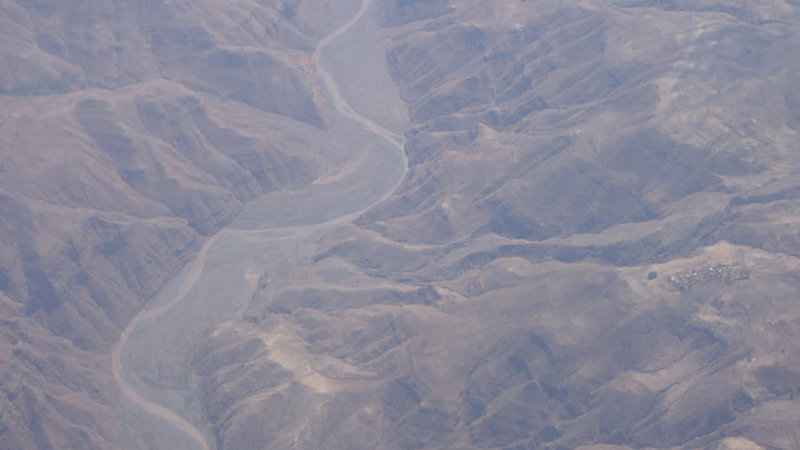- Stay Connected
Drought-hit Ethiopia reinvents itself as upmarket tourist destination

With the worst drought in 50 years, some 18 million people dependent on emergency food supplies, and aid agencies warning the money and the aid will run out in two months, it seems a strange time for Ethiopia to be marketing itself as an upmarket tourist destination.
But this month. the country of some 100 million is rebranding itself as the land of the “Origins of Life”, hoping to more than triple the number of Western tourists visiting this land-locked state in one of the most dangerous neighbourhoods on earth – the Horn of Africa.
With it, the desperately poor country intends to raise its revenue to some $3 billion a year by 2020 – not an insignificant amount in a country where the per capita average income is $550, according to the World Bank.
Ethiopia boasts some eight UNESCO world heritage sites, a stable government, a nation proud of being the only uncolonised state in Africa, and tourist-friendly exports such as coffee and Rift Valley wine.
But it also is currently facing a catastrophic drought, exacerbated by El Niño, which has plunged another 10.2 million citizens – largely subsistence farmers in the north and east – into dependency on emergency food aid.
That comes on top of 8 million plus subsistence farmers already dependent on aid – making a total of nearly 20% of the population.
Although they do not like to use the ‘f’ word (Famine), aid agencies have been warning since December that current pledges of help will run out by the end of April, leaving millions at the possible risk of starvation.
This week, Wolfgang Jarmann, head of Care International, warned that “it is like watching a disaster take place in slow motion.
“The impact [of El Nino] has been devastating for vulnerable people…across southern and eastern Africa, but nowhere is the outlook more troubling than in Ethiopia right now.”
Already, hundreds of thousands of cattle have perished, and crops failed, leaving an almost alien landscape of barren, parched red rock and dust across hundreds of square miles of territory in the north and east.
According to CARE, there are already 1.7 million children, pregnant women and breast-feeding mothers requiring nutritional support.
The United Nations has launched an international appeal for $1.4bn in emergency funding for Ethiopia. Less than half that amount has so far been met by donors.
The US has stumped up $97 million, whilst the government in Addis Ababa has committed $380 million dollars.Read more
